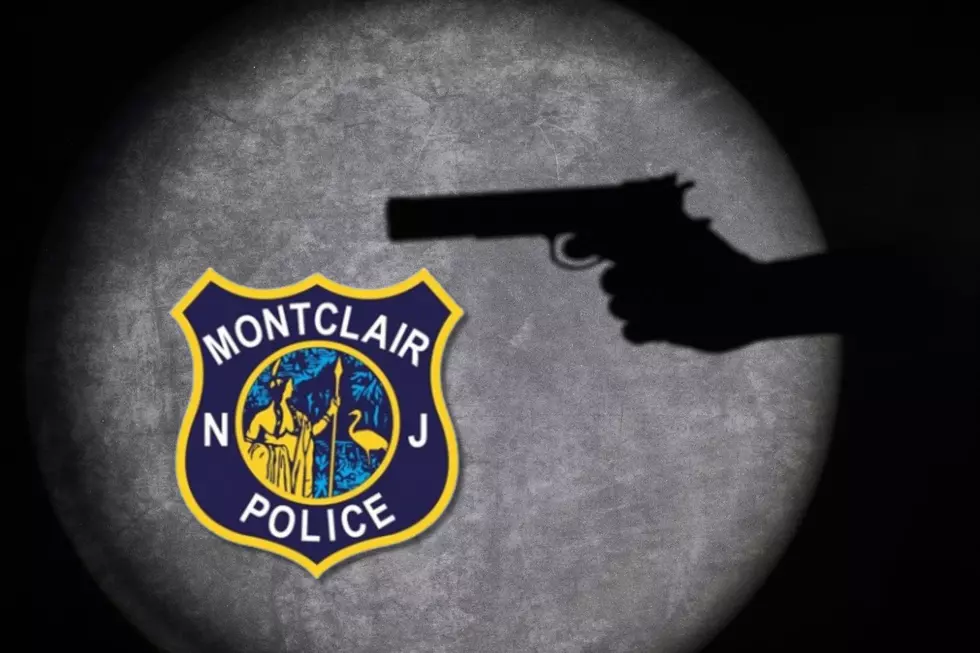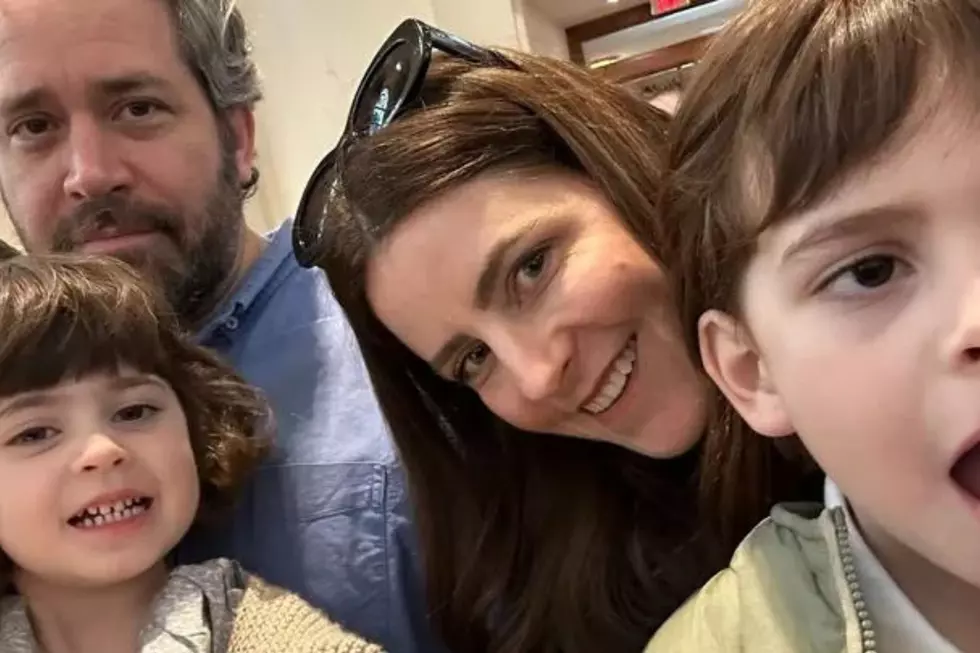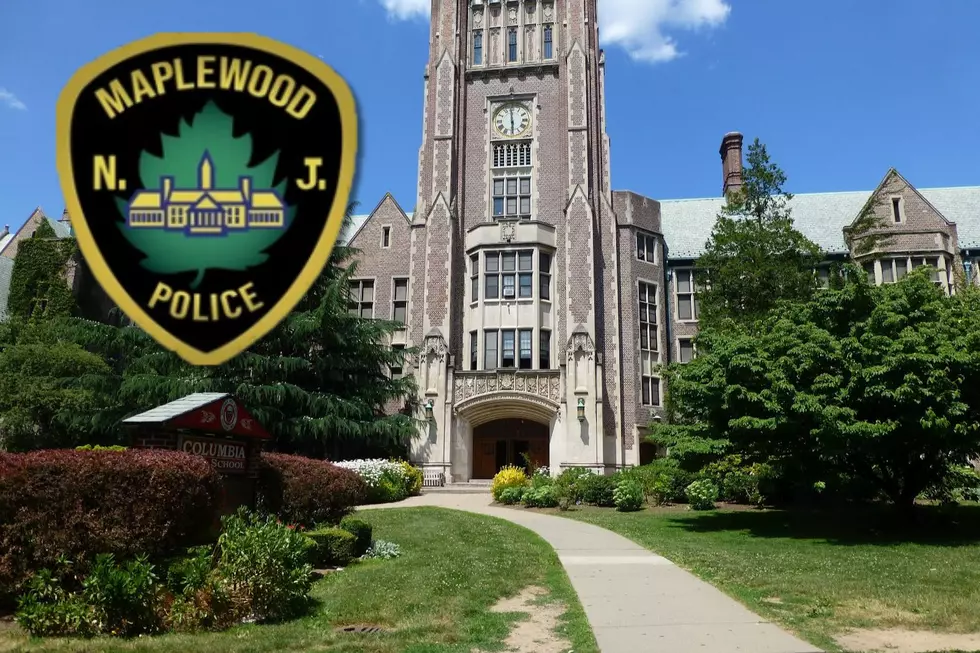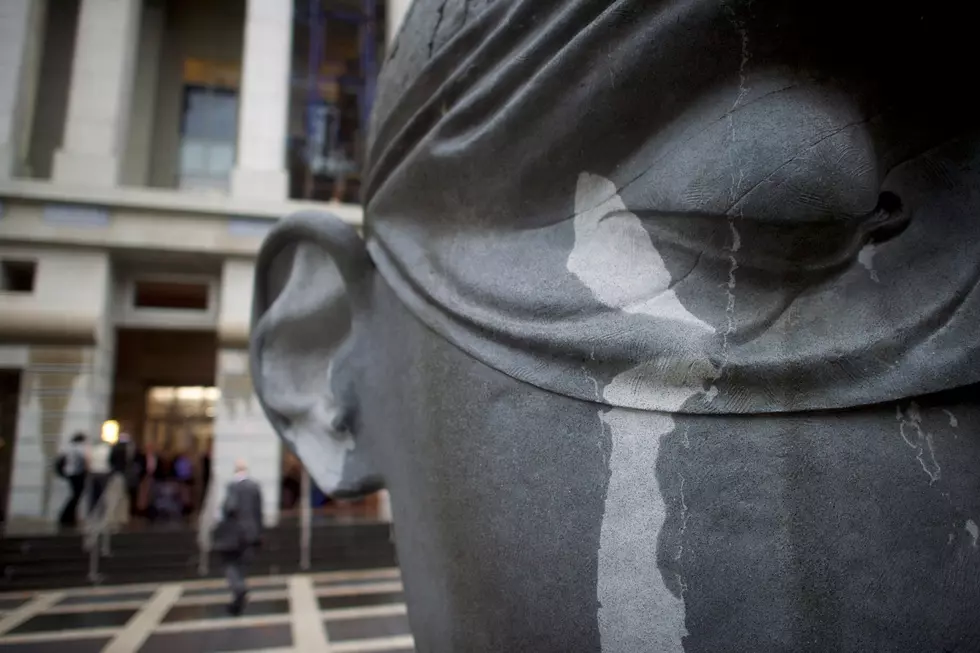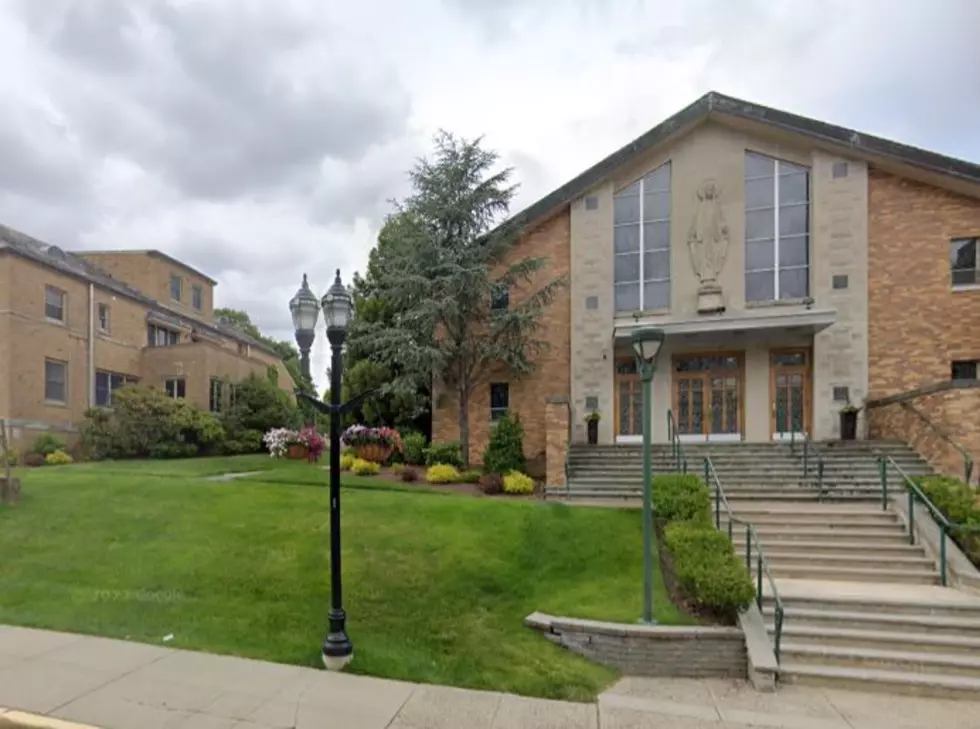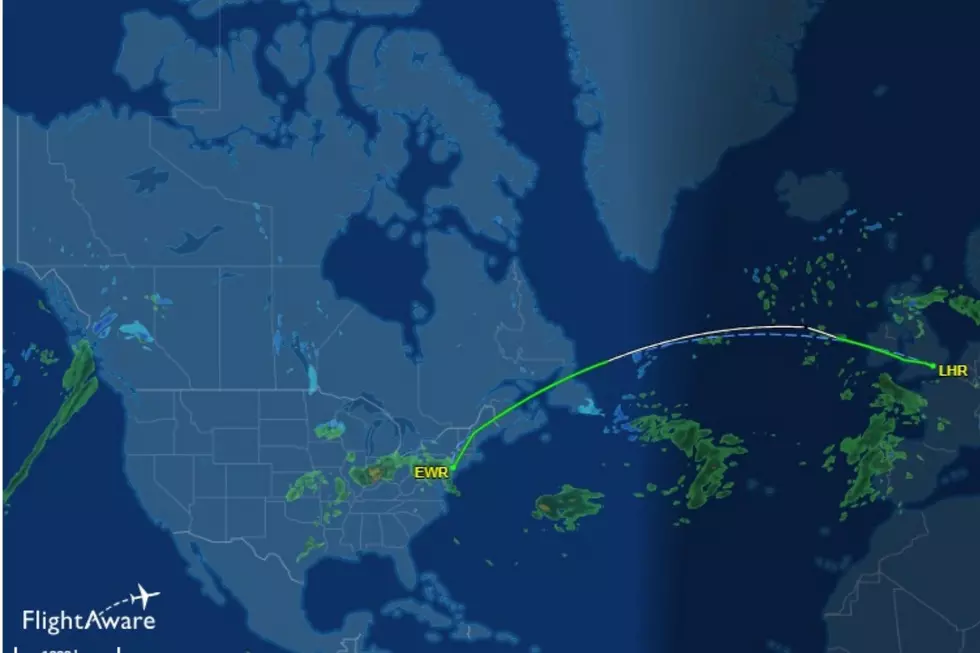
NJ astronaut comes home: Will he be older than his older twin brother?
By conventional measures, New Jersey native Scott Kelly is six minutes younger than his twin brother, Mark.
But there's little conventional about how the two have lived their lives. And as Scott Kelly returns to earth Tuesday from a history-making year aboard the International Space Station, the question of which is the "senior" twin gets a bit more murky.
The identical twins — both astronauts — are taking part in an unprecedented (and awfully hard to repeat, unless you know another pair of twin astronauts) experiment. Starting before Scott Kelly's departure and continuing for the next nine months, they're both being studied closely to see how all that time in space affected Scott but not his terrestrial twin.
Among the changes expected: All that time exposed to cosmic rays and other stresses will likely speed up damage to Scott Kelly's telomeres, bits of DNA found in each chromosome — sometimes compared to protective caps on shoelaces, because they keep the chromosome ends from "fraying." When cells divide, telomeres get shorter. When they get too short, cells can't replicate anymore — a key issue in the decay associated with aging. Trees get more rings when they get older; we get shorter telomeres.
So in a sense, Scott Kelly could be older than his Earth-bound brother — with shorter telomeres. But of course, it's not that simple.
"In a practical sense, it doesn't mean all that much," John B. Charles, chief scientist for the NASA Human Research Program, told New Jersey 101.5 in a phone call from Houston Monday.
For one thing, telomere length isn't a be-all end-all indicator of how old a person is. And the scientists conducting the study are looking at much more than telomere length. They're looking at changes in protein function in the body. They're looking at cognitive ability. The microbiome of bacteria in the Kellys' guts. Bone tissue. They'll be studying blood samples, saliva samples. Even fecal samples.
"We expect to find that Scott will have undergone fairly substantial physiological metabolic changes owing to the rigors of space flight," Charles said.
And it's not like the two Kellys were perfectly identical at the genetic level before Scott Kelly went up. Even if they were both close to identical at birth, they've had 52 years of life — 52 years of experiences that cause genetic damage and random mutation.
Both Kellys have been subjected to more rigorous stresses — which affect genetic material, telomeres and all — than most people. Each has been in space multiple times. Each has lived in zero gravity. Each has made it through a landing, which Charles described as "something like being shot out of a cannon, and then a car crash at the end."
Through all of that, their genetic material has taken a heck of a beating.
There's another wrinkle — albeit a very, very minor one — in age comparisons. Because of relativistic effects, time flows differently for those aboard the International Space Station than for the rest of us on Earth. Scott Kelly should be aging about 25 microseconds a day less than his brother over the same period.
Despite all that, "we still have access to two people who are closer together genetically than any other astronauts that have ever lived," Charles said.
Charles said he expects that after some time back on Earth, Scott Kelly's body will begin to normalize — the apparent effects of all that time in space will fade. Just how much? That's another matter to observe as the study continues.
Before takeoff, there was one very key, obvious difference between the brothers — Mark Kelly had a mustache. "Scott used to say Mark had the mustache gene," Charles said. But the elder twin shaved just before his brother took off — the joke around NASA was that Mark might have taken Scott's place in quarantine to give his brother one last hurrah on Earth.
Charles said he doesn't know what information may come out of the study — and he's not expecting any practical applications of the information it presents in the short term.
But somewhere, sometime, he speculated, some graduate student or some scientist might reflect on the combined observations of this study and others and be hit by a revelation.
"Whatever he's working on, he'll say 'Hey, I get it now,'" Charles said. "That's the best we can hope for."
More From New Jersey 101.5 FM
